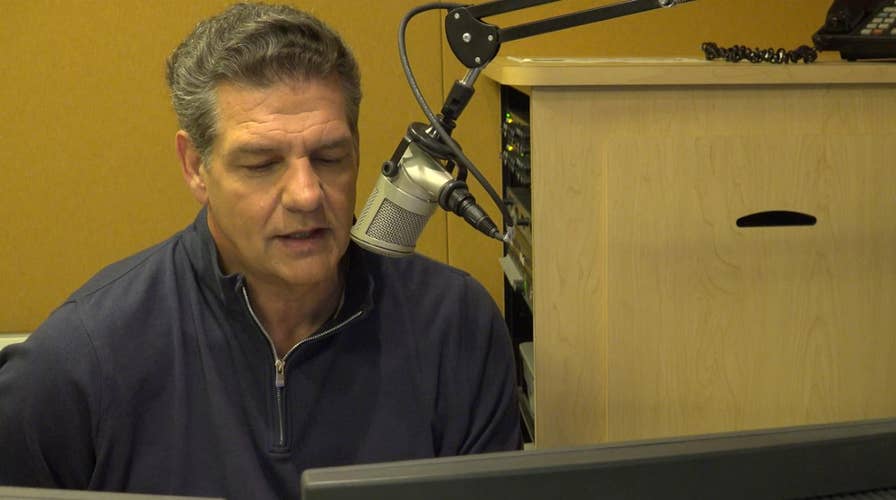ESPN’s Mike Golic shares his battle with diabetes
ESPN’s Mike Golic is used to talking sports and game drama on his radio show Mike and Mike in the Morning. Now, he's discussing a more serious topic, type 2 diabetes. Since being diagnosed with the disease, Golic is on a mission to raise awareness and help people learn how to manage their blood sugar
As a former NFL player, ESPN’S Mike Golic is used to talking sports news and game drama on his radio show Mike and Mike in the Morning. Now, he's discussing a more serious topic, type 2 diabetes. Since being diagnosed with the disease 12 years ago, Golic has been on a mission to raise awareness and help people learn how to manage their blood sugar.
“My advice to people with type 2 diabetes is get everybody involved in your life. It’s not something to run from, hide from, [and] keep it a secret from everybody else. You’ve been diagnosed with it, you have to deal with it,” Mike Golic, now 54, told Fox News.
Golic admitted that during his time as a defensive lineman he never thought anything could be physically wrong with him other than a few bruises or tears. But in the back of his mind, he knew his father had type 2 diabetes, which raised his risk.
“While it was a, ‘Oh man’ there was like a ‘Yeah, OK, my dad was right about this age when he was diagnosed,’ so while it was surprising it wasn’t shocking,” he said.
According to the National Institute of Health (NIH), having a parent or sibling with the disease can increase your risk. Other risk factors include being overweight, having an unhealthy diet and high blood pressure.
Growing up, Golic said his father kept his condition to himself and didn’t talk about it with his family.
“It was just kind of his thing to deal with,” he said. “But I wanted to be very proactive and involve my wife, involve my family, I have three kids [and] two boys are large football players whose grandfather had type 2 diabetes and I have type 2 diabetes, so I wanted to keep them in the loop on this and what needed to be done."
After teaming up with Janssen Pharmaceuticals, Golic and his doctors came up with a game plan to keep his blood sugar levels in check. Type 2 diabetes can be treated with a variety of different medications. He turned to INVOKANA® (canagliflozin), a prescription medicine his doctor recommended.
In addition to medicine, eating healthy and regularly exercising can also help manage the disease.
If left untreated, type 2 diabetes can cause serious and even deadly complications.
“You can have retinopathy or eye disease, you can have kidney disease and ultimately it can lead to kidney failure and you can have neuropathy which is a disease of the nerve ending which ultimately can cause amputations,” Dr. John Anderson, a board-certified Internist at Frist Clinic in Nashville, Tenn., told Fox News. “You’re also a 2- to 3-fold increase risk of heart attack and stroke.”
Early diagnosis should be accessible during routine exams or physicals when physicians check a patient’s blood sugar level. But other signs and symptoms may include thirst, frequent urination, blurred vision, fatigue and weight loss, Anderson said.
“We have about 89 million people in the country with prediabetes, that means their numbers are not quite in the range that you’d diagnose diabetes but they’re on their way,” Anderson who is a long-time volunteer for the American Diabetes Association (ADA), and has served as Chair of National Advocacy said. “That’s why you need to be seeing your health care professional, getting your screenings, getting your glucoses checked, being proactive.”
Today, Golic gets his A1C1 test, a blood test that measures the average level of glucose in the blood, every three-to-four months and has kept his diabetes under control.
“This is a situation that can have some complications in your life if you don’t treat it the right way, so why not get people involved, why not start with your doctor— ‘OK this is the game plan,’ and then you go to the people in your family— ‘this is the game plan my doctor gave me, this is what I need to do and I need all your help to do it,’” Golic said.
For more information visit ICanImagine.com.





















